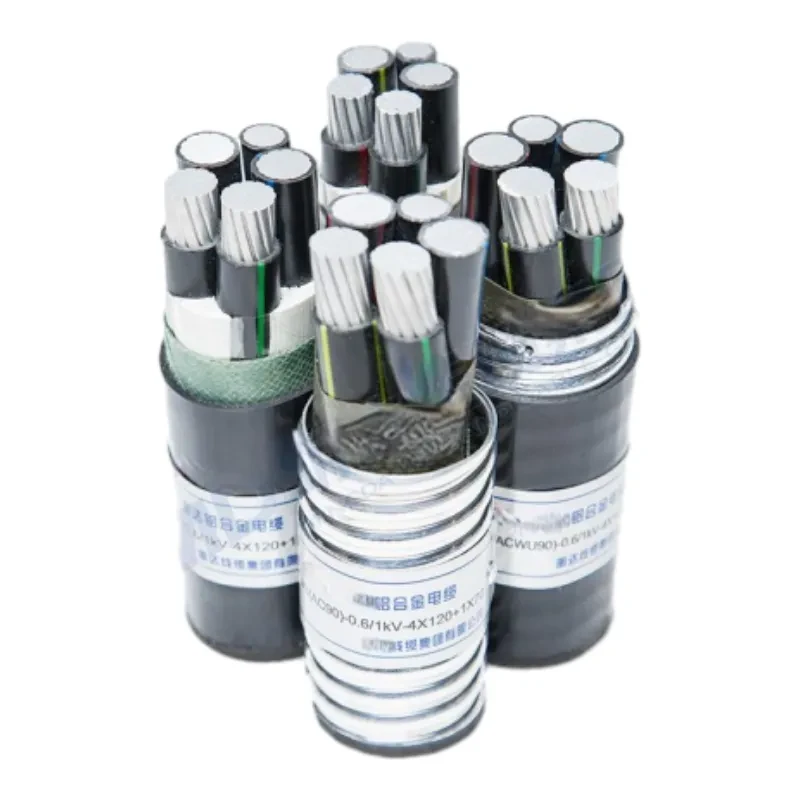Nov . 30, 2024 12:58 Back to list
industrial gate valve
Understanding Industrial Gate Valves Essential Components in Fluid Control
Industrial gate valves are crucial components in various piping systems, playing a significant role in controlling the flow of fluids—whether liquids or gases—in numerous industries. These valves are designed to provide unobstructed flow when fully opened, making them particularly suitable for applications where minimal pressure drop is essential.
What is a Gate Valve?
A gate valve operates by lifting a gate out of the path of the fluid. This simple yet effective mechanism consists of a valve body, a gate, a stem, and a handwheel or actuator. The gate valve allows for two positions fully open and fully closed. This distinct operation means that they are not well-suited for applications requiring throttling, where flow control is necessary. Instead, they excel in applications that demand complete shut-off.
Types of Gate Valves
There are various types of gate valves tailored to fit specific operational needs
1. Wedge Gate Valves This is the most common type of gate valve, characterized by a wedge-shaped gate. When the valve is closed, it wedges tightly against the seat, creating a strong seal.
2. Parallel Gate Valves Parallel gate valves feature a gate that is flat and parallel, allowing for lower friction loss during operation. They are often used in smaller applications or systems requiring precise flow control.
3. Flexible Wedge Gate Valves These valves account for thermal expansion and contraction by using a flexible wedge design. This ensures a tight seal even under varying temperature conditions, making them suitable for high-temperature applications.
4. Split Wedge Gate Valves These valves consist of two wedges that allow for a more efficient seating action and better sealing properties over time.
Applications of Gate Valves
Gate valves are widely used across various industries, including
- Oil and Gas In the oil and gas sector, gate valves are pivotal in pipelines to control flow and ensure safe operations, especially in high-pressure scenarios.
- Water Treatment Municipal water treatment plants rely on gate valves for controlling the flow of water at different stages of the purification process.
- Power Generation In power plants, gate valves are crucial for steam and cooling water control, enabling effective thermal management.
industrial gate valve

- Chemical Processing The chemical industry employs gate valves for the handling of corrosive and hazardous materials, ensuring safe containment and flow control.
Advantages of Gate Valves
Gate valves offer numerous advantages, making them a preferred choice in many systems
1. Low Pressure Drop When fully opened, gate valves provide minimal resistance, facilitating high flow rates and reducing energy consumption.
2. Rapid Operation They can be opened or closed quickly, which is vital in emergency situations or systems requiring immediate response.
3. Durability Constructed from various materials like stainless steel, cast iron, and brass, gate valves are robust and can withstand high pressures and temperatures, contributing to lengthy lifespans.
4. Full Flow Area Gate valves have a design that permits a full flow area, making them ideal for pipelines where maintaining fluid velocity is important.
Considerations When Using Gate Valves
While gate valves have many benefits, there are also critical considerations to keep in mind
- Not for Throttling Gate valves should not be used for throttling as doing so can lead to wear on the sealing surfaces, resulting in leaks over time.
- Slow Operation The time taken to fully open or close a gate valve can be longer than other types of valves, which might not be ideal in fast-paced situations.
- Maintenance Regular maintenance is essential to ensure the longevity of gate valves. Sediment and debris can accumulate in the valve body, leading to operational inefficiencies.
Conclusion
In summary, industrial gate valves are essential components in many fluid handling systems across various industries. Their design provides a reliable means for controlling flow and ensuring safety, contributing significantly to operational efficiency. Nevertheless, understanding their limitations and maintenance needs is crucial for optimal performance. As industries evolve and the demand for reliable fluid control increases, gate valves will remain a staple in the fluid control landscape.
Share
-
Reliable Wafer Type Butterfly Valves for Every IndustryNewsJul.25,2025
-
Reliable Flow Control Begins with the Right Ball Check ValveNewsJul.25,2025
-
Precision Flow Control Starts with Quality ValvesNewsJul.25,2025
-
Industrial Flow Control ReliabilityNewsJul.25,2025
-
Engineered for Efficiency Gate Valves That Power Industrial PerformanceNewsJul.25,2025
-
Empowering Infrastructure Through Quality ManufacturingNewsJul.25,2025